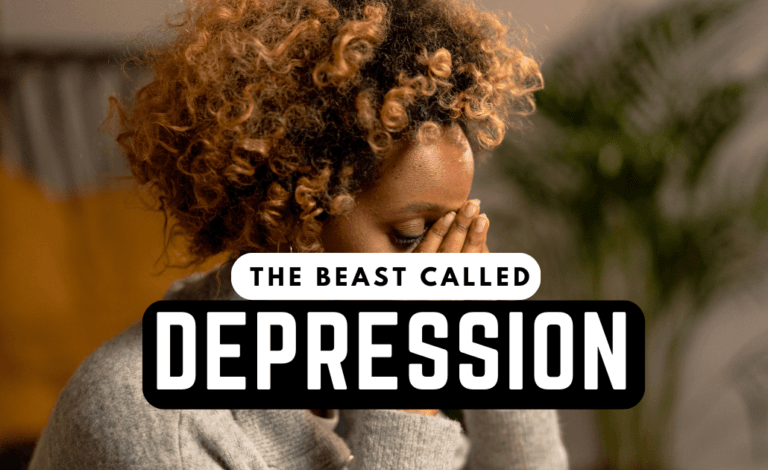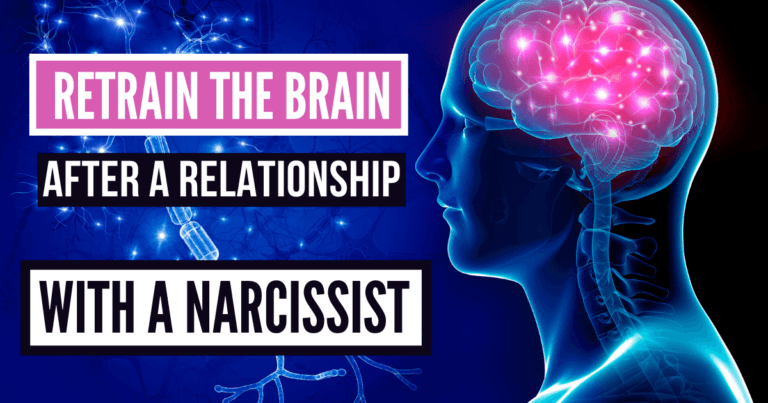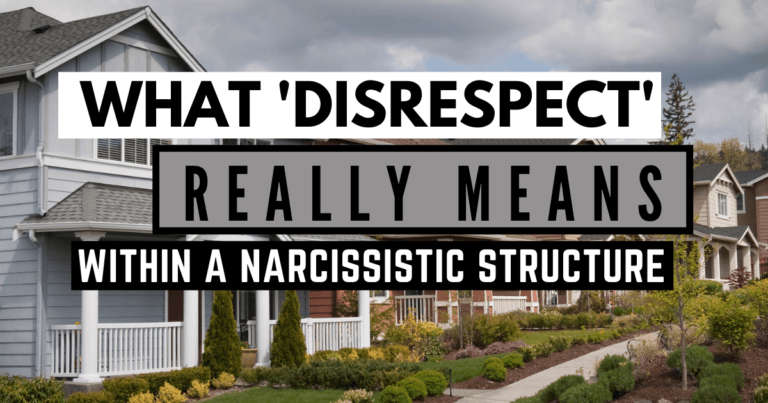The following is from a podcast episode.
Intersectionality of the Patriarchy and Narcissism 3 Challenges
Welcome to the Moving Forward with Hope – Narcissistic Abuse Recovery Podcast, I’m Lynn, your Host.
Today, we’re tackling a topic that I have wanted to do for a long time.
It discusses the intersectionality between narcissism, narcissistic abuse, and the patriarchy.
“Have you noticed how the word patriarchy seems to be everywhere lately?
It’s all over social media, along with other words like toxic masculinity, gender roles and equality.
If you feel like these words are being thrown around a lot but wondering how they tie into narcissism, of if it ties in at all, you are tuning into the right episode.
At its core, patriarchy is a system of power that impacts every one of us, shaping how we live, work, and relate to each other.
AND most of us are so used to this system.
We barely notice it’s there—kind of like background noise you’ve tuned out for years.
But the patriarchy is alive and well and many of us don’t think twice because it’s so normalized into our society.
Segment 1: What is Narcissism, and Why Does It Matter?
The word Narcissism gets thrown around a lot—sometimes inaccurately—but at its core, it’s a pattern of behavior centered on self-absorption, entitlement, and a lack of empathy.
Narcissistic abuse, meanwhile, involves manipulation, control, and emotional invalidation, often leaving victims doubting their own reality.
But here’s the thing: narcissism doesn’t just show up in interpersonal relationships.
It’s embedded in larger systems, and patriarchy is one of the biggest examples.
Patriarchy thrives on power, dominance, and control—the very same traits that are alive and well within the dynamic of narcissistic behavior.
So, when we talk about patriarchy, we’re also talking about how narcissistic tendencies have been normalized and embedded on a societal and cultural scale.
Segment 2: The Connections Between Narcissism and Patriarchy
Let’s unpack how these narcissistic dynamics show up within the patriarchy:
- Power and Control: Both narcissism and patriarchy prioritize power over empathy. Just like a narcissist uses manipulation to dominate a partner, patriarchy uses systemic structures to maintain dominance over marginalized groups, particularly women.
- Entitlement: Think about the entitlement central to narcissistic abuse. In patriarchy, men are socialized to feel entitled to respect, entitled to leadership, and even entitled to women’s bodies or emotional labor. That entitlement mirrors what we see in narcissistic individuals.
- Lack of Empathy: Patriarchy also discourages men from expressing vulnerability or connecting deeply with others. This creates a societal empathy gap, where men are less likely to support gender equity or understand the emotional toll of oppression.
- Gaslighting on a Systemic Level: We often think of gaslighting as an interpersonal tactic, but patriarchy gaslights entire groups of people. Women, for instance, are told their struggles are exaggerated or their rights aren’t really under attack—even when the evidence is clear.
When you start seeing these connections, it becomes clear that patriarchy operates like a narcissistic abuser on a gran societal level.
Segment 3: Why This Matters Now
Why is this conversation so important today? Because the cracks in the system are showing.
More people are recognizing the harm caused by patriarchal norms—and by extension, narcissistic behavior.
But here’s the problem and why it’s such a challenge is that patriarchy, much like a narcissist, resists accountability.
It deflects, blames others, and fights to maintain control.
Does this sound familiar?
We’re seeing this resistance in social movements today.
Every push for equity—whether it’s about gender, race, or economic justice—is met with backlash.
That’s because dismantling the patriarchy threatens the privilege and power it protects, just like confronting a narcissist threatens their self-image.”
It’s the same thing.
Segment 4: The Emotional Cost
Now, let’s talk about the human cost.
Patriarchy doesn’t just harm marginalized groups—it traps men, too.
- Men and Emotional Suppression: Patriarchy conditions men to suppress emotions and reject vulnerability. This not only harms their relationships but also leaves them ill-equipped to handle their own pain.
- Cycles of Trauma: Like narcissistic abuse, patriarchy creates cycles of trauma. It invalidates people’s experiences, gaslights them, and reinforces the idea that systemic harm is just ‘how things are.’
Loss of Authenticity: In a patriarchal world, men are pressured to have power and control, losing the chance to develop authentic, emotionally fulfilling lives. Breaking free from this system isn’t just liberating for women—it’s liberating for everyone.
Segment 5: What Can We Do?
So, how do we address this?
First, we need to recognize the patterns.
Whether it’s a narcissistic partner or a patriarchal system, the first step is seeing it for what it is.
Second, we need to embrace accountability and empathy.
That means holding systems—and ourselves—accountable for harm while obtaining emotional intelligence and equity.
Patriarchy, like narcissism, leverages itself by embedding itself into daily life, norms, institutions, and relationships, making it seem “natural” or “inevitable.”
People often go along with these systems, not necessarily because they agree with them, but because it feels easier, safer, or more convenient than questioning or challenging these giant societal structures.
Breaking free requires not just individual growth but collective action.
We need to build systems that prioritize collaboration, emotional health and wellness, and shared equitable power.
Narcissism fuels the patriarchy in many ways. At its core, narcissism centers on self-interest, entitlement, and a lack of empathy—all traits that align with how patriarchal systems maintain power and control.
“Narcissism and patriarchy aren’t just abstract ideas—they’re forces collaborating in our world today.
Once we start to see and recognize the patterns, we can start to see how destructive it is in interpersonal relationships and on a larger cultural-wide scale.
We need to learn about the patriarchy, deconstruct the mechanisms and how it has become normalized in our lives, so we can choose better and have a better quality of life.
Whether it’s in your relationships, every step we take toward empathy, equity, and accountability chips away at these harmful systems.
And when enough of us take these steps together, real change becomes possible, bit by bit.
Intersectionality Intersectionality Intersectionality Intersectionality Intersectionality Intersectionality Intersectionality Intersectionality Intersectionality Intersectionality Intersectionality Intersectionality Intersectionality






